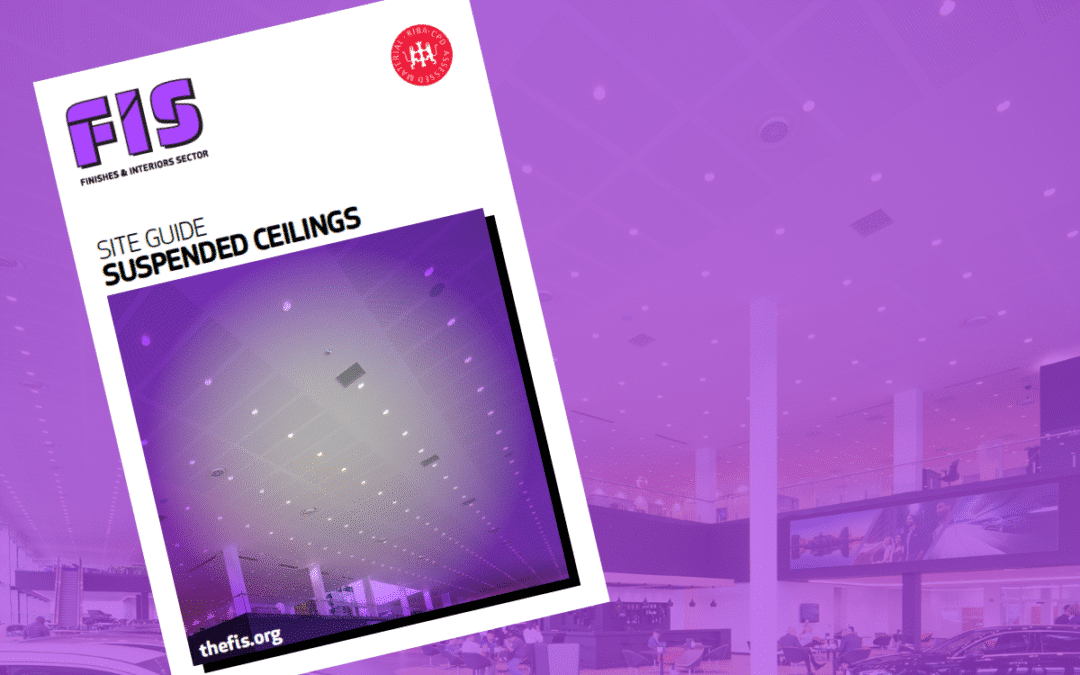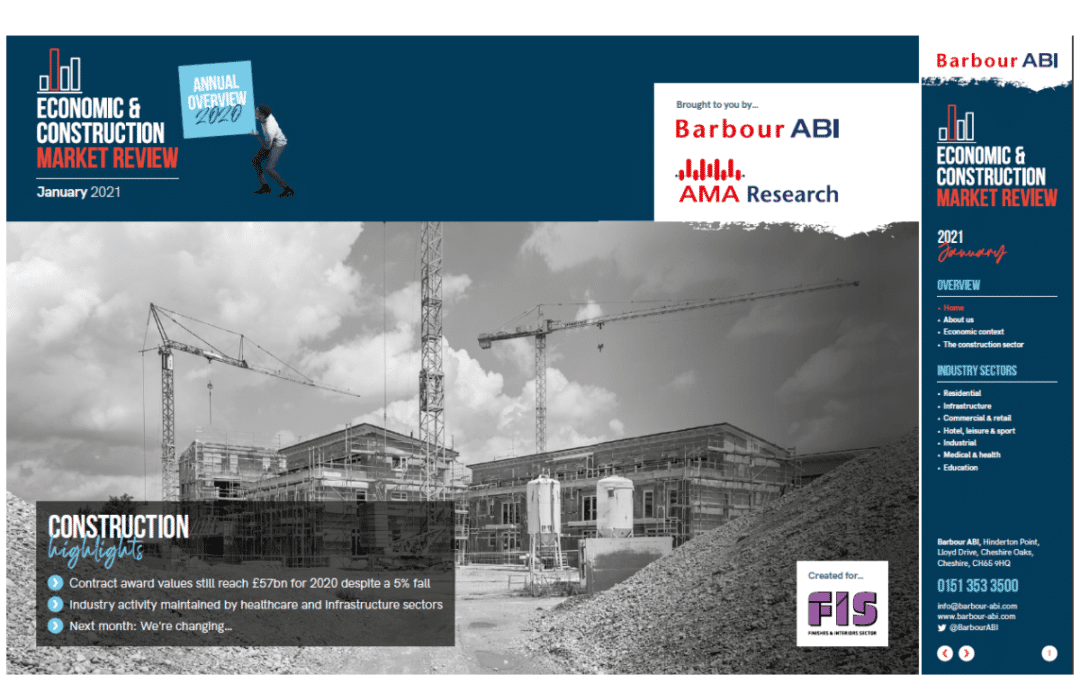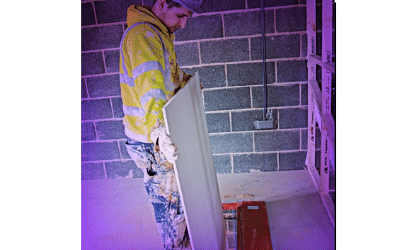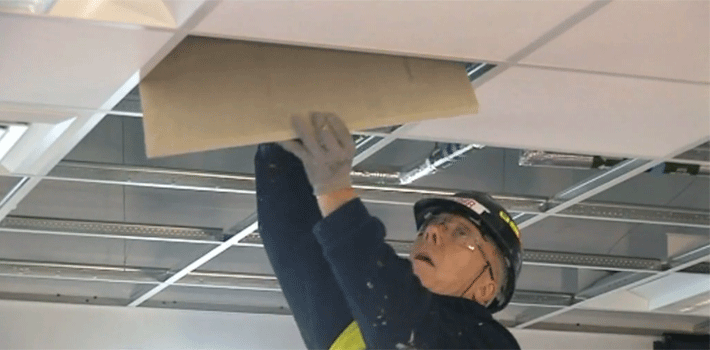FIS has launched two new Career and Competency Pathway documents for drylining and ceiling fixing occupations. With a focus on quality and safety within the sector, the pathways show how individuals can show proof of competence by the achievement of training and qualifications.
Through the FIS Skills Board and support for the ongoing competence work as part of the Grenfell Industry Response Group activities, FIS has a renewed focus on developing the principles outlined in the FIS Competency Framework (SAKE) which measures competency through a combination of skills, attitude, knowledge, experience.
The new career and competency pathways map the qualifications and training available against the critical stages of a career in drylining and ceiling fixing occupations. It provides a spine of information to help individuals and organisations to understand which steps to take and whether an individual is ready to progress through a better defined “gateway” to the next stage of their career. The pathway is aligning trained and assessed outcomes that support progression within the occupation, through to supervisory and management roles.
Commenting on the launch of the pathway, FIS Skills Board Chair, Paul Leach of Stortford Interiors said: “The aim of this work is to provide a better-defined pathway built around clear job roles and the stages within a career in key occupations within our sector. It will remain fluid and we can adapt it as new competency standards, qualifications and guidance emerges, but we felt it important to make a start to both support companies in managing competencies and help to present careers within the sector. The publishing of these pathways is a vital and clear rally call to the sector as we seek to improve competence within the workforce and address any skills shortages.”
FIS Skills and Training Lead, George Swann added: “Many are already well on this journey and undoubtedly there will be subtle differences within individual companies. But, by providing this standard pathway we can help all contractors and employers to understand what good looks like, benchmark where they are at and hopefully support a better culture of training and development through the sector. We often talk about skills and competency and default to a conversation about card colour, but a genuine focus on competency is much more than this and involves ongoing learning as well as effective supervision and management and providing support and encouragement for individuals. Having an organisational training plan supports social value requirements which are now prominent in contracts.”
The pathways are designed to be adapted by individual companies in-line with roles within organisations. FIS is working to provide more detailed standardised job descriptions to further support a consistent approach to career management within the industry, and developing pathways to cover all the core occupational areas associated with the Finishes and Interiors sector.
You can download the Career and Competency Pathway documents for Drylining and Ceiling Fixing occupations here
For further information or for any questions and comments please contact the FIS by email at info@thefis.org or call 0121 707 0077.





